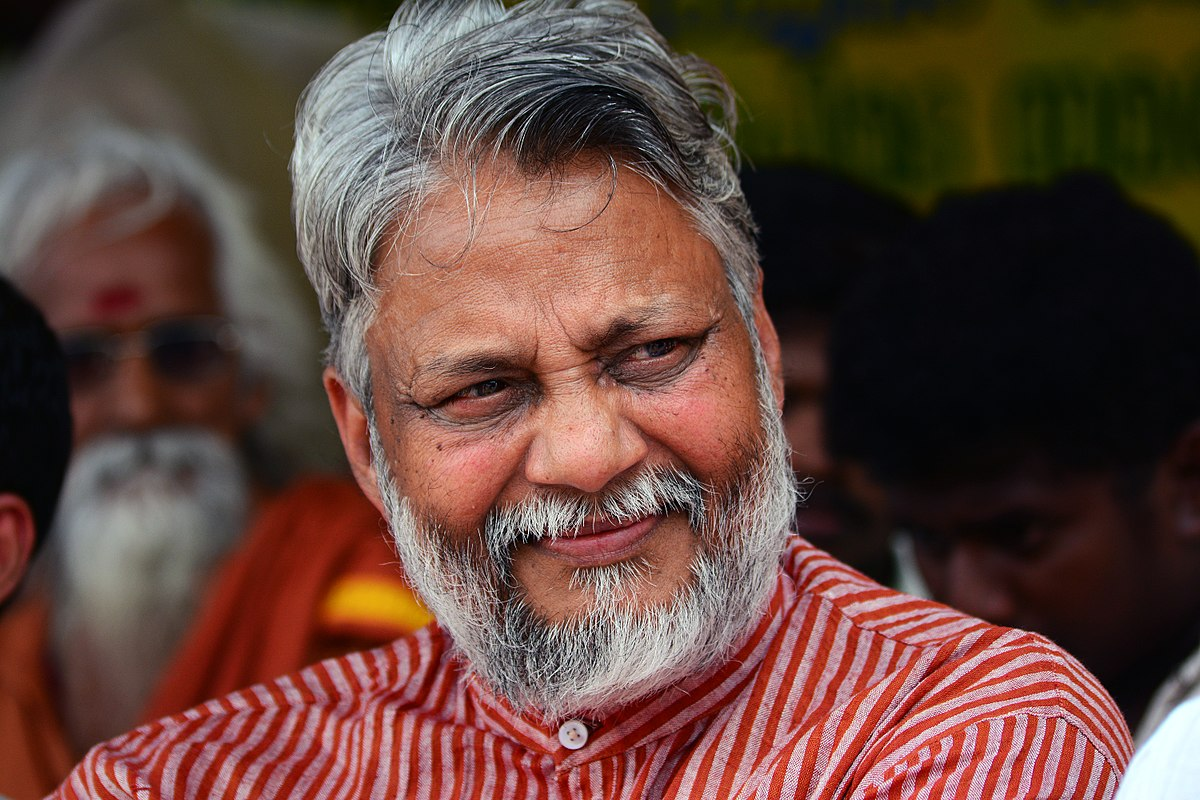Rajendra Singh

Popularly known as ‘The Water Man of India’, Rajendra Singh has been widely recognized and appreciated for his water restoration efforts in rural India. A proud winner of the Magsaysay Award and the Stockholm Water Prize, he has worked extensively for water education, especially in rural areas. When Rajendra Singh reached Rajasthan in 1959 to set up health centers in the region, he realized that people needed water more than health care. So he started working with the villagers to build mud dams called Johads – a traditional technique of collecting rainwater that improves percolation and helps recharge the groundwater table. A Johad is a rainwater storage wetland principally used for effectively harnessing water resources that collects and stores water throughout the year to be used to recharge the groundwater in the nearby water wells, washing, bathing, and drinking by humans and cattle. They are then used for cleaning, drinking, and washing purposes. He solved the problem of water scarcity in Rajasthan by disseminating information on traditional water conservation technologies. Today, after about 20 years of work, nearly 8,600 Johads and other similar structures collect water in the state, providing water to over 1,000 villages across Rajasthan. This resulted in a steady rise in the groundwater table and an increase in the forest cover in the area destroyed by deforestation and mining activities. He advocated using Johad, rainwater storage tanks, check dams, and other traditional path-breaking techniques. He established the ‘Tarun Bharat Sangh’ (TBS) in 1975. TBS has been instrumental in fighting the slow bureaucracy and mining lobby and has helped villagers take charge of water management in their semi-arid areas. By 2001, TBS had spread over 6,500 sq km, including parts of Madhya Pradesh, Gujarat, and Andhra Pradesh. In September 2010, Rajendra Singh planned to start ‘Ganga Panchayats’ to restore the sanctity and ecology of the river Ganga. The idea was that panchayats would keep a close watch on all governmental activities that may potentially threaten the ecological working of the river Ganga, not only in Uttarakhand but the entire river stretch from its origin in Gangotri to Gangasagar. He also played a pivotal role in stopping the controversial Loharinag Pala Hydro Power Project over river Bhagirathi. His other initiatives include leading a padayatra of environmentalists and NGOs through Mumbai city along the endangered Mithi river and organizing a parikrama along the banks of Godavari river, from Trimbakeshwar to Paithan, to urge people to make the river pollution-free. Rajendra Singh is one of the most globally renowned environmentalists known for his pioneering community-based water harvesting and water management efforts.